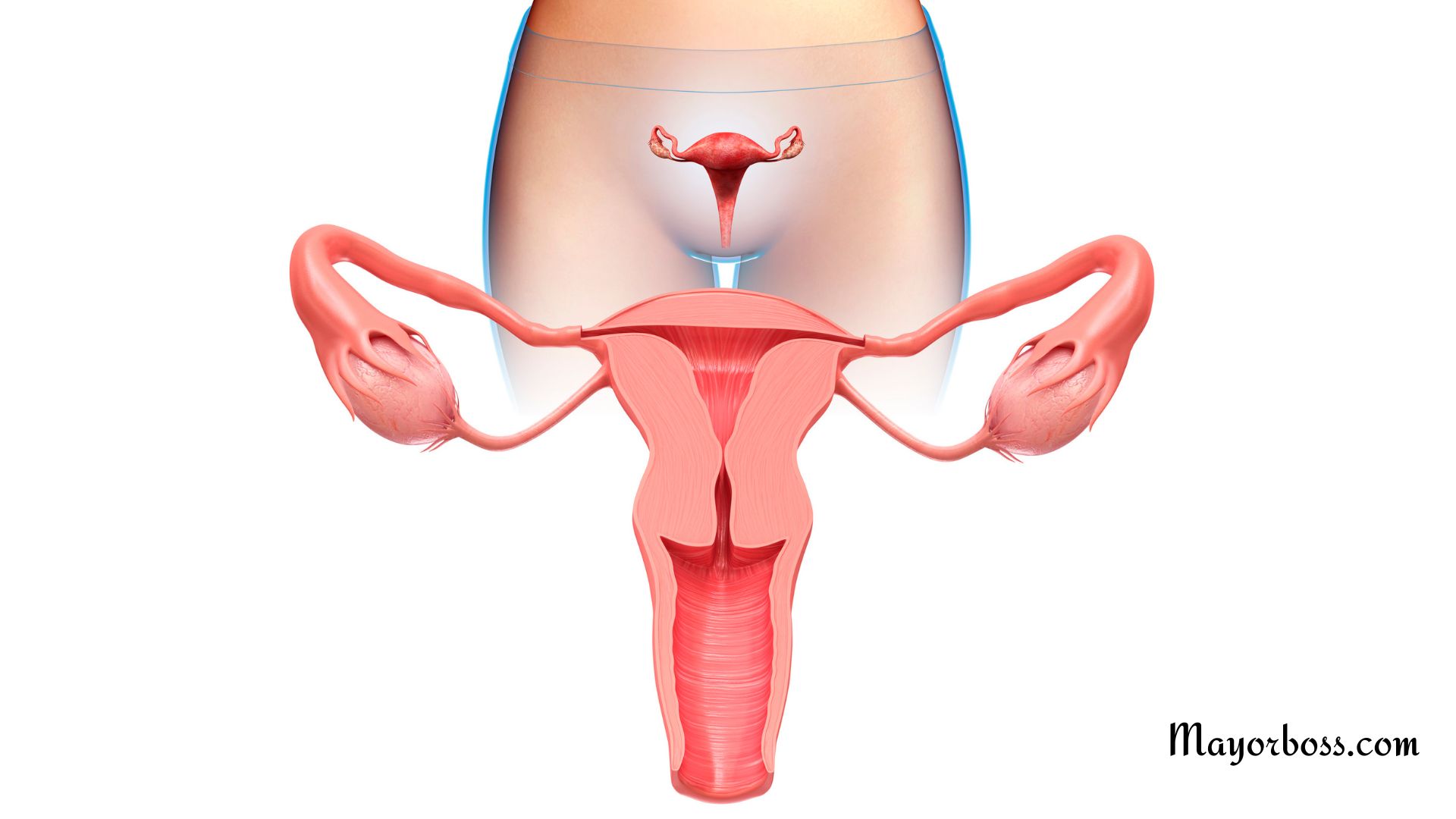Ovaries and Their Functions
What Are Ovaries?
The ovaries are a pair of small, almond-shaped organs located in the pelvic cavity of people who have a female reproductive system. They play a crucial role in both the reproductive system and the endocrine system.

The Role of Ovaries in the Reproductive System
Primarily, your ovaries are responsible for two main functions: producing eggs (ova) and releasing hormones.
Ovulation: Releasing the Eggs
Every month, during your menstrual cycle, hormones signal your ovaries to start preparing an egg. Typically, one of the ovaries will release a mature egg—a process known as ovulation. If you’re trying to understand when this happens, it’s usually about halfway through your cycle, around day 14 if you have a 28-day cycle.
Hormones: The Chemical Messengers
Besides releasing eggs, your ovaries also produce hormones, particularly estrogen and progesterone. These hormones are vital because they regulate your menstrual cycle and play an important role in pregnancy. Additionally, estrogen is key to developing secondary sexual characteristics during puberty, such as breast growth and the regulation of the menstrual cycle.
Common Ovarian Conditions
Sometimes, you might face issues with your ovaries, which can affect your health. Here are some common conditions:
Polycystic Ovary Syndrome (PCOS)
PCOS is an ailment where the ovaries produce an excessive amount of androgens, male sex hormones that are usually present in women in small amounts. Consequently, you might experience irregular menstrual periods, excess hair growth, acne, and obesity.
Ovarian Cysts
Many people develop ovarian cysts at some point. These are fluid-filled sacs on the ovary. Often, they’re harmless and disappear without treatment, but sometimes, they can cause pain and other problems.
Ovarian Cancer
Ovarian cancer is a serious condition that can develop in one or both of your ovaries. It’s important to keep an eye out for symptoms like bloating, pelvic pain, and difficulty eating, although these can often be subtle or mistaken for other less serious conditions.
When to See a Doctor
If you’re experiencing unusual symptoms, such as persistent pelvic pain, severe menstrual irregularities, or signs of hormonal imbalances, it’s crucial to consult a healthcare professional.
In conclusion, your ovaries are essential for reproduction and hormonal balance. They work quietly in the background, releasing eggs and hormones that regulate many aspects of your health. However, when problems arise, it’s crucial to seek medical advice to ensure your long-term well-being.
